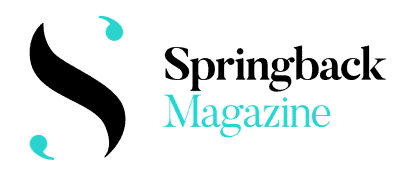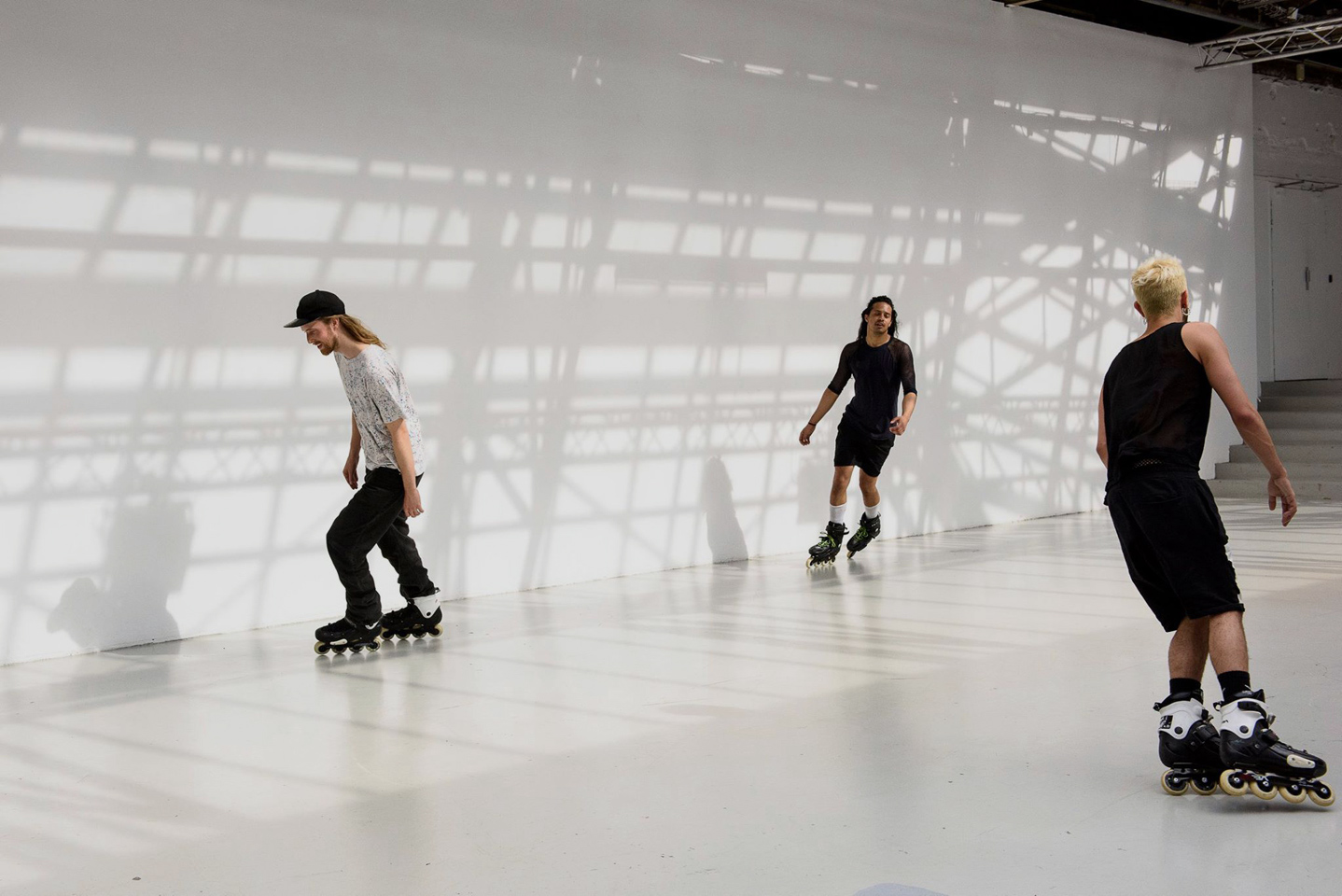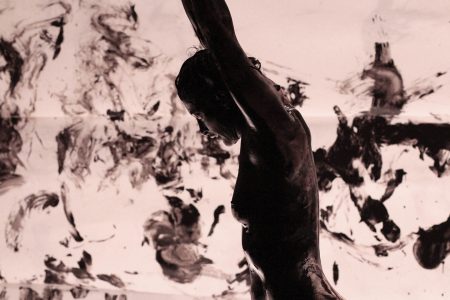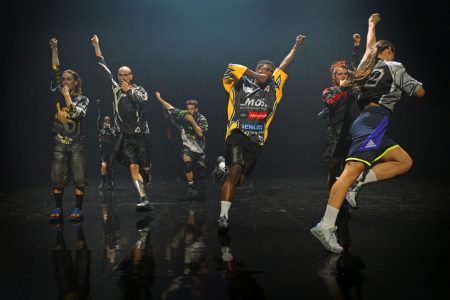First created in 2001, the [8:tension] Young Choreographers’ Series has since become a staple of ImPulsTanz’s colossal summer programme. Every year, up to 12 dance makers are hand-picked by a curatorial team with the aim of highlighting new formats and offering fresh perspectives on the field of contemporary dance. The emerging artists perform twice each, and all are nominated for the ImPulsTanz Young Choreographers’ Award.
This year’s winner was B.B. by Ofelia Jarl Ortega (Sweden), a multi-faceted duet exploring the eroticised young female as a queer figure. The jury (Johann Ebert, Lisa Hinterreithner and Astrid Kaminski) celebrated her ‘exploration of viewing habits and undertaking of the power dynamics of seeing and being seen’, which they qualified as ‘subtle, critically affirmative and ambiguously self-confident’.1 Ortega does indeed challenge our gaze, stretching the timing – and at times our thinning patience – as she and Alexandra Tveit grind languorously to Patrik Patsy Lassbo’s music, in self-defined sexualisation. The choreographic stance here is clearly audacious, banking on the provocative movement material – a valid way to confront the viewers. While the purpose of Ortega’s piece is to challenge the viewers instead of pleasing them, this statement-making approach makes it difficult for the audience to stay engaged.







